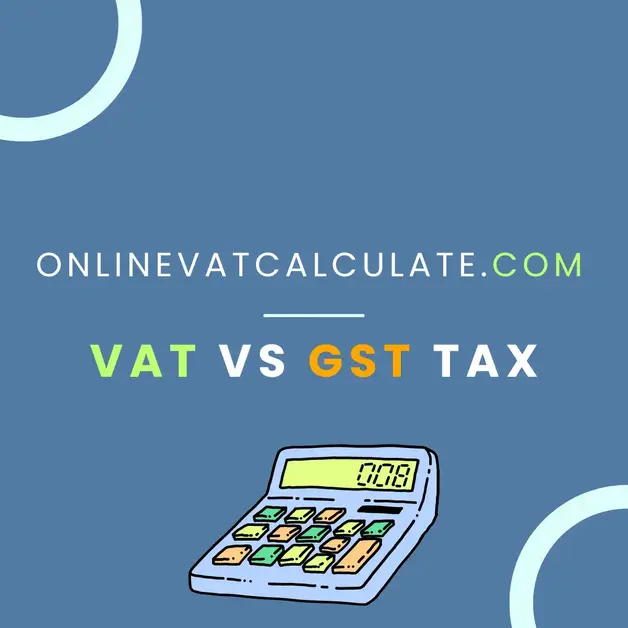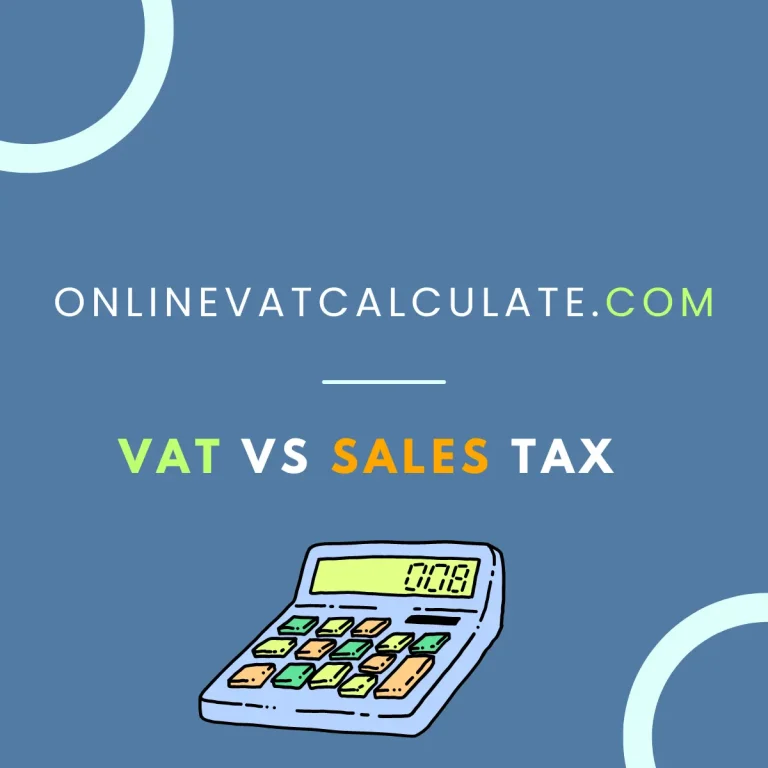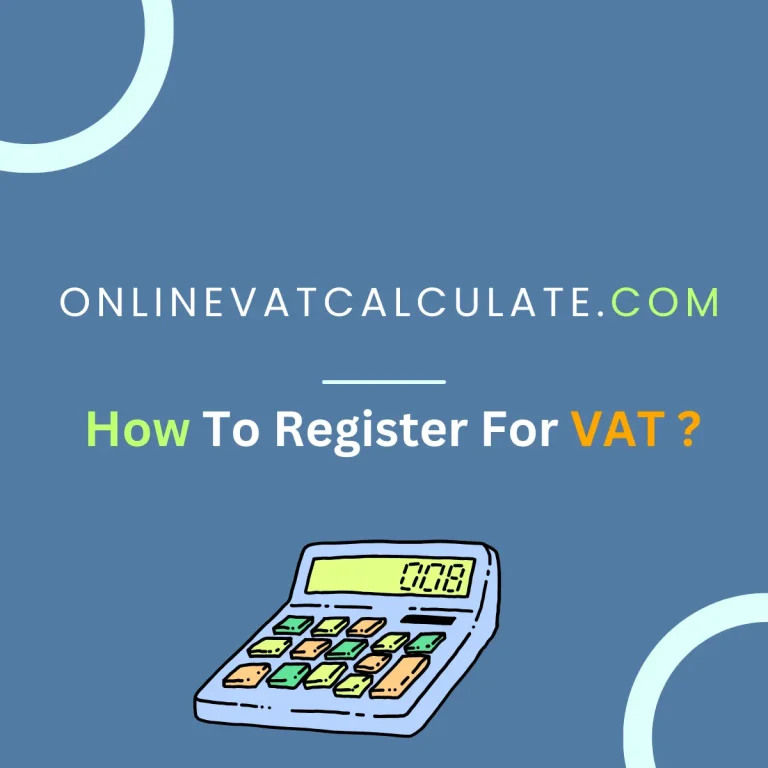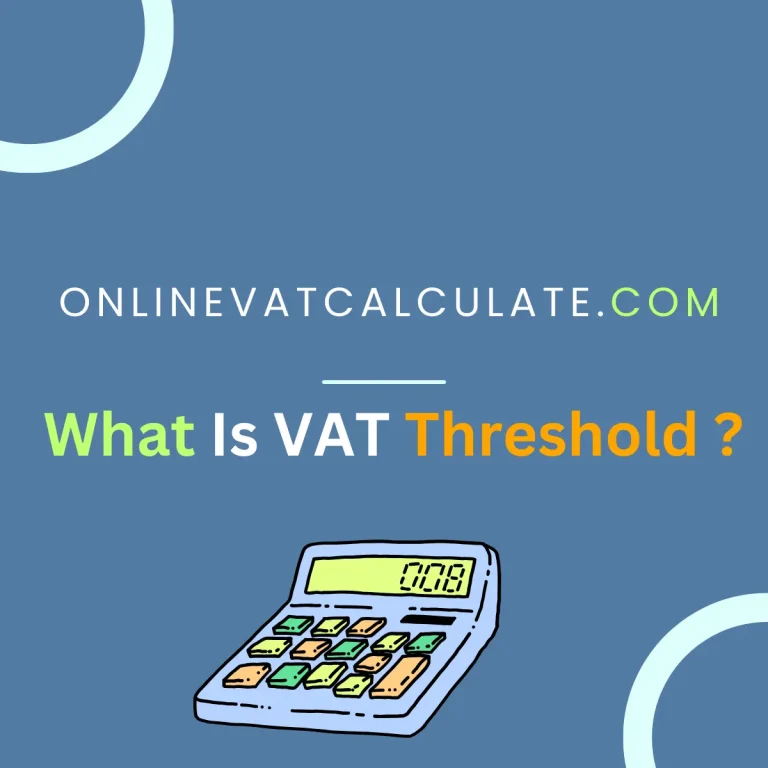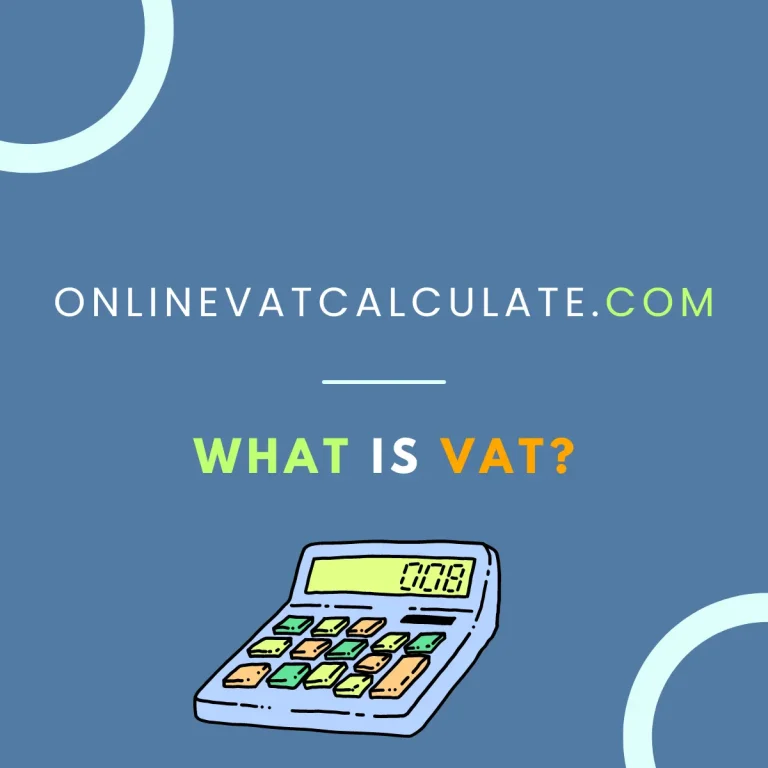VAT Vs GST Tax
What is VAT?
VAT stands for Value Added Tax. Essentially, it’s a consumption tax that’s applied to the purchase price of certain goods or services. Although there are some items that are exempt from VAT or are charged at a zero rate (meaning that the government does not currently charge VAT for these items but could in the future), the price of most goods/services is affected by VAT. Although VAT is a type of tax, it’s an indirect tax, meaning that the government doesn’t collect it directly from customers. Instead, businesses collect the tax themselves before repaying it to the government. To Calculate your VAT amount go now to our VAT Calculator.
What is GST?
GST stands for Goods and Services Tax. It’s a form of Value Added Tax that’s charged in countries like Australia, India, Canada, New Zealand, Singapore, and Hong Kong. It works more or less the same way as VAT in that it’s a consumption tax that’s imposed upon the costs of goods and services. As with VAT, you’ll need to register for GST and the penalties for failing to do so can be significant, so it’s best not to put off registration once you become aware that GST applies to your business.
Difference Between GST and VAT Tax
In many ways, GST and VAT are simply two words for the same tax. You can think of VAT as a type of Goods and Services Tax or GST as a type of Value Added Tax, but they essentially mean the same thing. As a result, UK-based businesses probably don’t need to worry about GST/VAT differences because it simply won’t be relevant. However, if your company has premises in countries where GST applies or you do a significant amount of business with GST countries, there are a couple of GST/VAT differences that it may be valuable to learn about:

- Rate of taxation – When it comes to GST vs VAT tax, VAT is typically higher than GST. Whereas the rate of VAT in the UK is 20%, the rate of GST in Australia, Singapore, and Canada is 10%, 7%, and 5%, respectively.
- Exempt/tax-free items – It’s also worth noting that some goods which are exempt from VAT may not be exempt from GST, and vice versa. For example, precious metals are GST-free in Australia, but while gold is exempt from VAT in the UK, silver, palladium, and platinum are not.
- Registration requirements – In addition, the registration requirements for VAT and GST are likely to differ from country and country. If you have a GST turnover of over AUD75,000, you will have to register for GST. By contrast, the VAT threshold is £85,000.
What does GST bring in that VAT could not?
Designed to be a single, comprehensive, destination-based taxation concept, Goods and Services Tax (GST) unifies the entire country in terms of how the tax is collected. GST has revolutionized the Indian taxation system. GST intends to further eliminate the concept of “tax on tax”.
Benefits of GST
- Removal of cascading effect of tax
- Simple online procedure
- Lesser compliances
- Defined treatment for e-commerce companies
